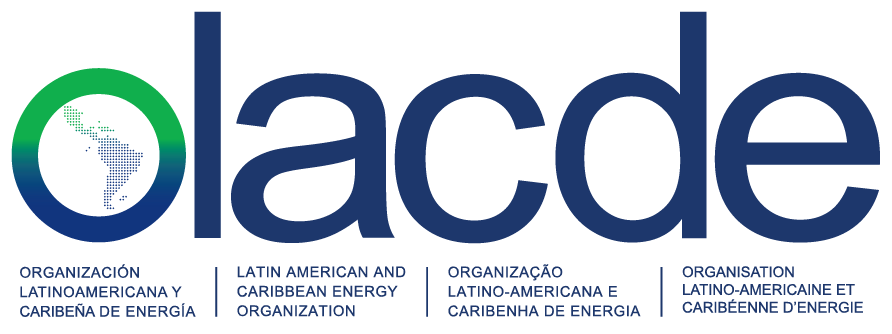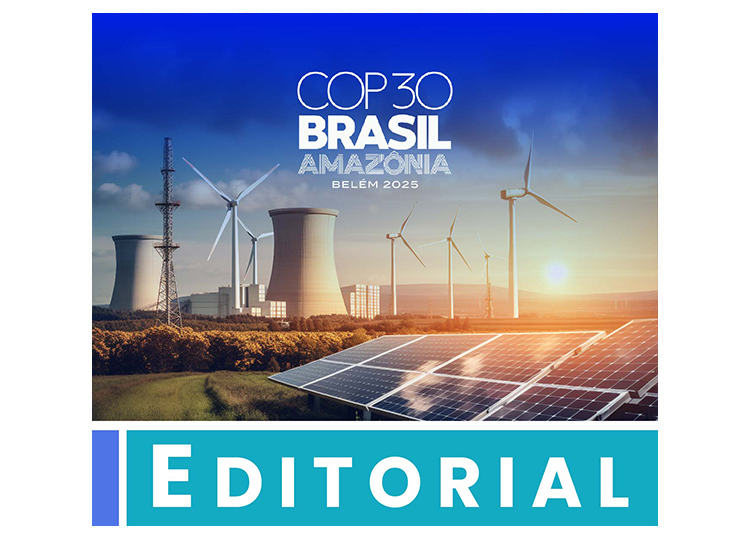The upcoming Conference of the Parties (COP30), to be held in Belém do Pará in November, represents a pivotal moment for Latin America and the Caribbean (LAC)—not only because the region will host the world’s most important climate summit, but also because it arrives with a unique position: an energy matrix cleaner than the global average, vast potential in strategic natural resources, and a growing conviction that sustainable development must be the cornerstone of its future.
LAC will play a leading role at this Summit, particularly in the energy sector, where significant progress has been made in reducing GHG levels thanks to the ongoing decarbonization processes across the industry.
Ten years after the Paris Agreement, our region exhibits important achievements: i) renewable energies in electricity production in LAC, went from 53% in 2015 to 70% in 2025, ii) so the sector has considerably lowered its carbon footprint (40%) from 276 kgCO2/MWh to 172 kgCO2/MWh in a decade, and iii) as a result, the energy sector in the region represents 44% of total GHG emissions, compared to 70% in the world average.
However, some challenges still persist in the region. First and foremost, integration: our energy systems have historically been designed in isolation. Greater integration will make it possible to scale up the efficiency of our generation infrastructure, thereby creating a virtuous cycle of investment in renewable energy. Baseload generation, whether nuclear, geothermal, or fossil—if conceived as regional infrastructure, will serve as a cornerstone for amplifying the transition process, ensuring energy security along the way. On the other hand, efforts on the demand side are key; it is essential to continue firmly advancing the decarbonization of critical sectors such as industry and transportation. Thus, promoting electrification, which currently accounts for 19% of total energy consumption, means reducing fossil fuel emissions.
Moving forward, key actions include strengthening energy infrastructure to ensure reliable service and minimizing losses; expanding storage systems alongside better infrastructure and digitalization; and advancing the development roadmap for new fuels. Joint planning will be a key dimension for all these efforts.
At OLACDE, we view this summit with both hope and a deep sense of responsibility. LAC has the potential to lead the global energy transition, not only because of its vast reserves of lithium, copper, and renewable resources, but because it has already shown that it is possible to grow with cleaner, fairer, and more secure energy. The challenge now is to consolidate that comparative advantage into a true regional strategy that combines integration, financing, technological innovation and social justice. We not only have the least carbon-intensive energy matrix and the carbon sinks that sustain the global geophysical balance; if we reach the necessary agreements, we can provide solutions for global decarbonization. We are a region of solutions.
COP30 will serve as a showcase for progress — but also as a platform to call for a new pact of international cooperation. Our region needs fair access to climate finance, effective technology transfer, and global rules that recognize
the efforts made by developing countries. It is about building fair partnerships that accelerate global decarbonization without compromising human development.
In this regard, we must continue to promote a common agenda that strengthens the Latin American and Caribbean voice in international negotiations. Let us promote a just energy transition that takes into account each country’s social realities, institutional capacities, and investment needs. Let us also work to consolidate a more interconnected and resilient regional energy market that leverages the complementarities among our nations.
COP30 offers us the opportunity to reaffirm that energy is not merely an economic input, but the very heart of sustainable development. Achieving an orderly transition involves guaranteeing universal access, strengthening energy security and moving towards more efficient and cleaner systems.
Belém should be the starting point for a decade of regional climate action. LAC has everything it takes to lead a sustainable, inclusive, and uniquely regional energy model. COP30 can and should be the moment when the world recognizes the strategic role our region plays in the fight against climate change.
Andrés Rebolledo
Executive Secretary
Latin American Energy Organization – OLACDE


